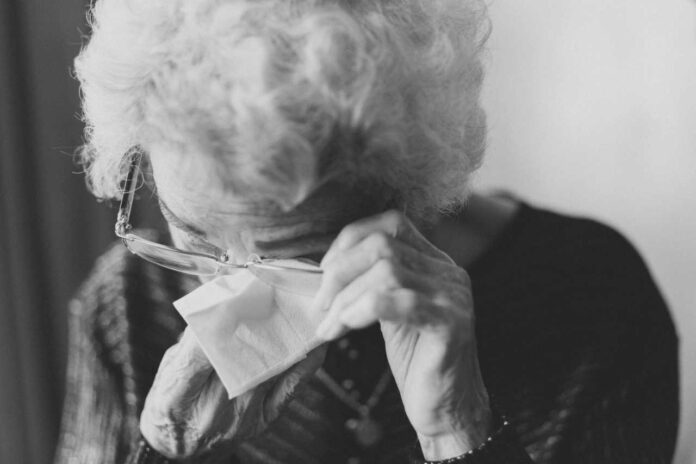Symptoms To Watch Out For With The New Covid Variant HV.1
The emergence of the HV.1 variant highlights the ongoing challenges posed by the Covid-19 pandemic. With its high transmissibility, HV.1 has quickly become a significant contributor to the rising number of cases in the USA
While the COVID enquiry is taking place, there is a new variant to worry about. The New coronavirus strain HV.1 has been dubbed the “grandchild of Omicron” – and experts have said it is highly transmissible.
Similar to its predecessor, HV.1 is highly transmissible and is currently responsible for a quarter of all Covid-19 cases in the USA. Experts predict that it is only a matter of time before the variant reaches other parts of the world, including the UK.
HV.1 is part of the Omicron family of variants, which are known for their high transmissibility. Dr. William Schaffner, a professor of infectious diseases at Vanderbilt University Medical Centre, describes HV.1 as a grandchild of Omicron, emphasizing its close relationship to the original variant.
The rapid spread of HV.1 highlights the urgent need for preventive measures, including vaccinations and booster shots.
Despite the availability of booster shots, a significant portion of the population remains unvaccinated. In the UK, nearly 17 million people have not yet received their Autumn Covid booster jab, despite being eligible.
The Autumn booster program was accelerated due to the emergence of highly mutated variants like BA.2.86 and HV.1. Taking the booster shot is crucial not only to protect vulnerable individuals from severe illness but also to reduce the strain on healthcare systems.
According to the latest data from the NHS, only around 60% of those eligible for the vaccine are expected to take it.
The UK Health Security Agency’s Covid Vaccine Unit (CVU) estimates uptake rates based on past booster campaigns and acknowledges that regional variations can affect participation.
Dr Mary Ramsay, head of immunisation at UKHSA, said: “The COVID-19 autumn booster is offered to those at highest risk of serious illness in order to top up their immunity ahead of winter, and millions of people have come forward to date.
“Expectations of how many people are likely to take up the offer are based on uptake rates in previous years and, as will any public health programme, this can vary across different regions for a number of reasons. The vaccine protects against serious illness and keeps people out of hospital so, if you are eligible, book your appointment today to protect our NHS services and avoid spoiling your winter plans with unnecessary illness.”
Recognizing the symptoms of Covid-19, including those associated with the HV.1 variant, is crucial for early detection and containment.
Symptoms
Here are the telltale signs of the HV.1 strain to look out for:
Sore throat
Congestion or stuffiness
Runny nose
Cough
Fatigue
Headache
Muscle aches
Fever or chills.
The best defence against the HV.1 variant and other Covid-19 variants is a comprehensive approach that includes vaccination, booster shots, and adherence to public health guidelines.
The vaccine not only protects individuals from severe illness but also reduces the transmission of the virus, preventing further spread within communities.
Vaccination remains the most effective strategy in controlling the Covid-19 pandemic. It is essential for individuals to receive their primary vaccine doses and booster shots as recommended by health authorities.
The Covid-19 vaccines have undergone rigorous testing and have been proven safe and effective in preventing severe illness and hospitalizations.
Covid Boosters play a critical role in boosting immunity and maintaining protection against new variants like HV.1. These additional doses enhance the body’s immune response, providing an extra layer of defence against evolving strains of the virus. Eligible individuals should get their Covid booster to maximize their protection.
In addition to vaccination, it is vital to follow public health guidelines to limit the spread of the virus. This includes practicing good hand hygiene, wearing masks in crowded indoor settings, maintaining physical distance from others, and avoiding large gatherings.
These measures, combined with vaccination, can significantly reduce the risk of infection and help curb the spread of HV.1 and other variants.
Those living in Lincolnshire, including Grimsby, Scunthorpe, Skegness, Lincoln, and Boston are being advised to go for their boosters if they are eligible. Sadly, it has been reported that some people believe Covid is no longer a threat and are not taking up the offer of having a Covid booster.


